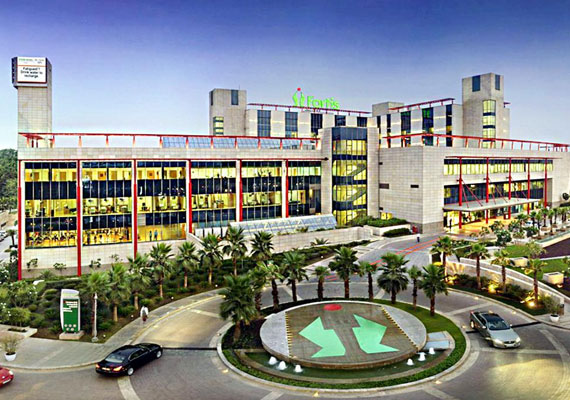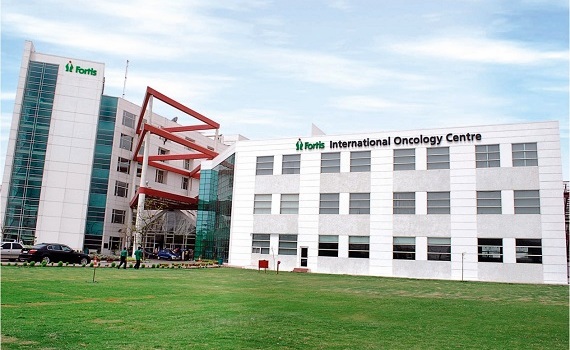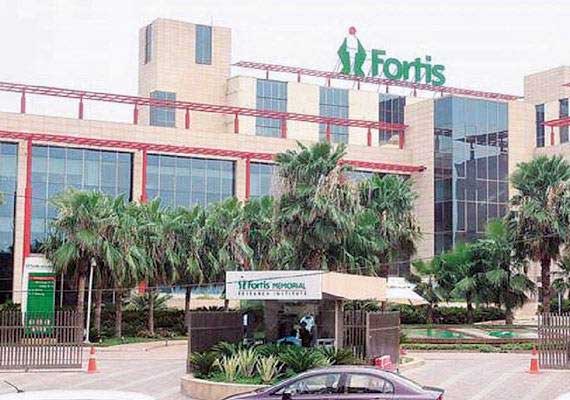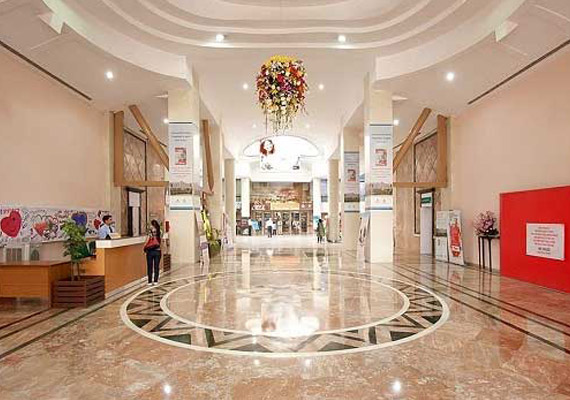Coronary artery angiography (CAG) Treatment in India
treatment
starting from
Coronary Angiography is a special X-Ray test that detects problems of blood flow in the heart.
Coronary Angiography is a special procedure that uses X-Ray images to identify if the coronary arteries are blocked or narrowed along with the location and extent of the affected areas. In Coronary Angiography, a contrast dye is injected through a catheter inside the blood vessels and the doctor examines on an X-Ray screen how the blood flows through the heart.
Coronary arteries supply blood to the heart. However, the supply can be disrupted in the blood vessels due to plaque, which is made up of cholesterol, calcium, fat, and other substances. When a plaque is built up, some serious coronary artery diseases such as heart attack could occur.
Coronary Angiography is also known as Catheter Arteriography, Cardiac Angiogram, or Cardiac Catheterization.
Indications of Coronary Angiogram
Coronary Angiography can help diagnose heart conditions, plan future treatment, and carry out certain procedures. Signs are:
- If the person is facing symptoms of coronary artery disease like chest pain (angina)
- A heart disease person is born with (congenital heart disease)
- Unstable angina
- A person having aortic stenosis
- Got abnormal results during a non-invasive heart stress test
- Other blood vessels problem or chest injury
- A person has valvular heart disease
- A person is diagnosed with a heart attack
Coronary Angiogram Procedure
Before Procedure
- A thorough physical examination of the patient is done.
- The doctor will analyze the medical history of the patient.
- Diagnostic tests are to be performed
- The patient should tell the doctor if he/she has diabetes, pregnant, or have an allergic reaction to the dye.
- The doctor may ask to stop certain medications for a while.
- The patient must not eat or drink 8 to 12 hours before the procedure.
- The patient needs to empty the bladder just before an angiogram.
- The patient must shave the hair on the arm or groin.
- The patient should not wear any kind of contact lenses, jewelry, or make-up during the procedure.
During Procedure
- The complete coronary angiogram procedure takes about an hour.
- An IV line will be inserted into the vein of the arm of the patient.
- The patient is given local anesthesia to help relax along with medications, and fluids.
- Electrodes will be used to monitor the chest during the procedure.
- Pulse oximeter and blood pressure cuffs will be used to check the pulses and amount of oxygen in your blood
- A small thin tube known as a catheter is inserted through the groin or arm, in the blood vessel until it reaches the arteries and heart.
- A contrast dye is injected inside the catheter, and X-Ray images are taken.
- There doctor will identify blockages if any.
- The catheter is removed, the incision closed with a small plug or clamp.
After Procedure
- The patient will be kept under observation and monitoring for some time.
- The patient may be able to go home on the same day. It depends on the condition of the patient.
- After evaluating the images, the doctor recommends the best treatment for the patient to open the arteries.
- After the Coronary Angiogram, the patient needs to drink plenty of water to flush out the dye from the body.
- The patient may experience discomfort or bruising for a few days.
- The patient should avoid lifting and strenuous exercises for some time.
- The patient needs to avoid tub bath and pool for a few days after the procedure. However, the shower is recommended.
- The patient will need to have a follow-up with the doctor.
- The doctor advised not to smoke or drink at home.
Tests and Diagnosis
- Stress test
- Electrocardiogram (ECG)
- Chest X-Ray
- Blood tests for triglycerides, cholesterol, and blood sugar
- Cardiac catheterization
Cost of Coronary Angiography
The cost of Coronary Angiography in India is USD 175.
However, the cost of the procedure may be affected by the following factors:
- The hospital patient is opting for.
- Location of the hospital
- Surgeon's fee
- Cost of medicines
- Duration of stay in the hospital
- Physiotherapy session
- Cost for diagnostic tests and blood tests
No. of days required
- Total number of days: 2
- Days in Hospital: 0
- Days Outside Hospital: 2
How It Works
Need help in organizing medical travel to India?














